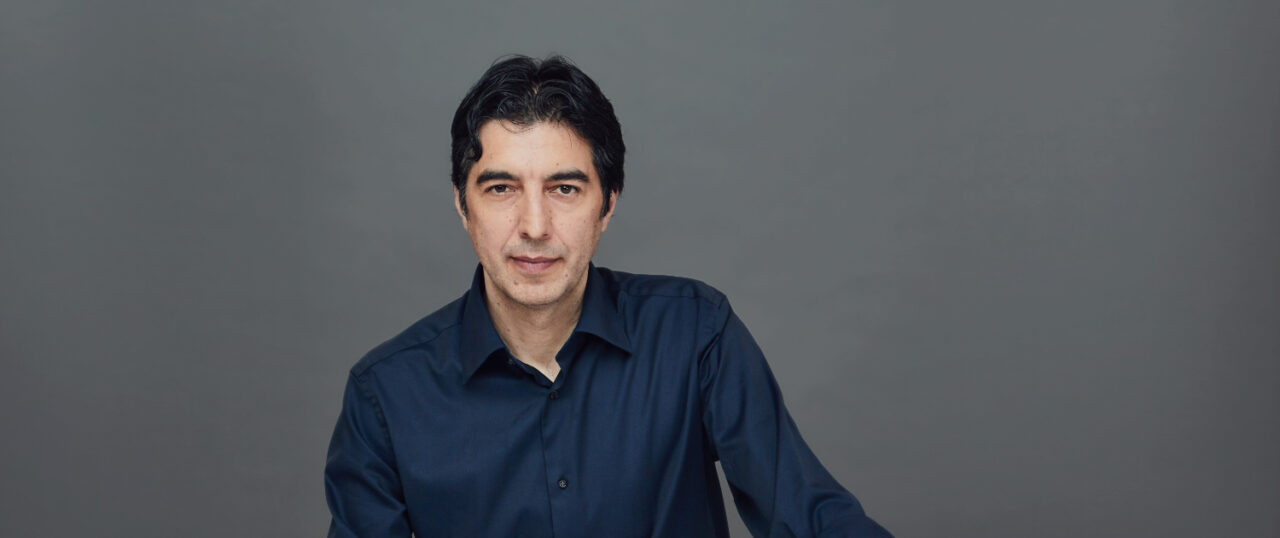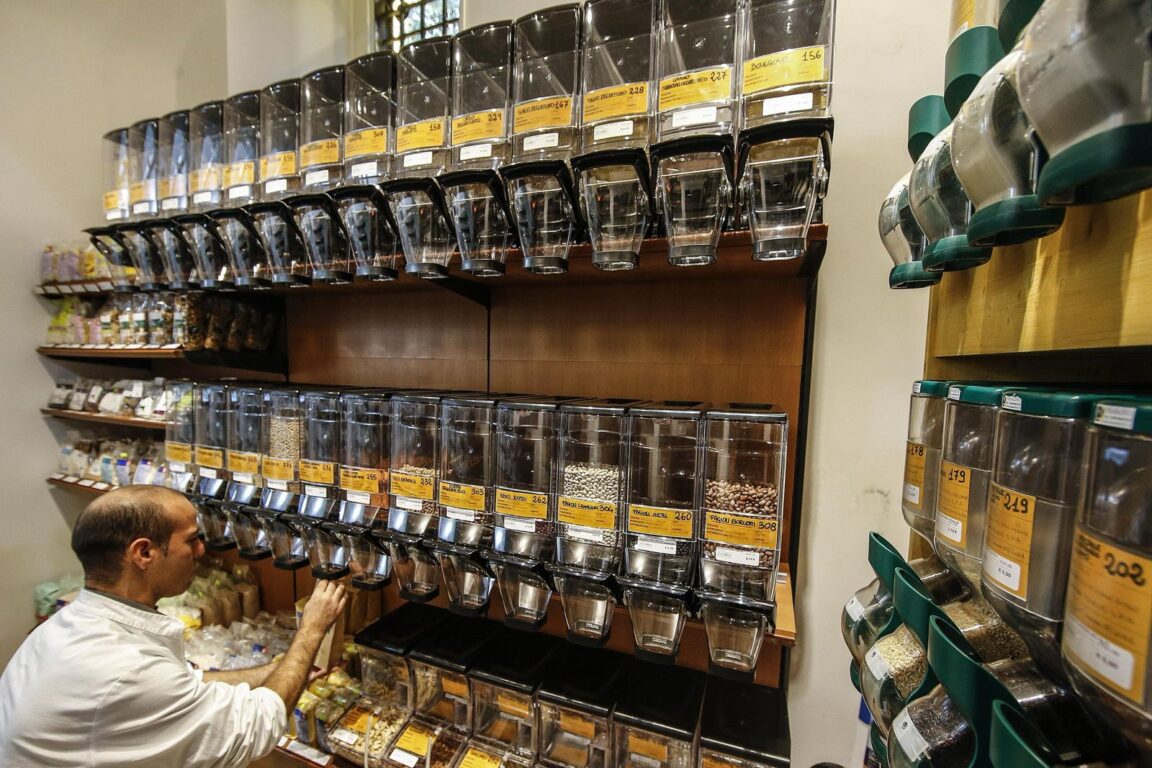As the recently concluded regional elections showed, Sardinians often do the opposite of what is expected. And not just in politics. A few days before the election of Alessandra Todde as president of Sardinia, the “Sardinian case” was at the center of an interview on Radio Uno (a Take off the mask) by Marcello Foa and Alessandra Ghislieri to one of the world's greatest food scientists. It is an Italian professor of biogerontology, Valter Longo, who lives and conducts his research in Los Angeles where he directs the Longevity Institute at the University of Southern California.
These Sardinian centenarians necessarily fasted until they were 70, then became gluttons
Professor Longo explained in this interview that one of the bases for being able to hope for longevity is a diet that gradually decreases over the years: “You cannot eat the same way at 20, 50 or 90 years old.” This initial hypothesis, almost obvious, was however refuted by the study carried out by the American university on a sample of Italian centenarians, mostly residing in Sardinia (some in Liguria, others in Aspromonte). “They had two types of diets, exactly the opposite of what usually happens. For decades they had a very poor diet, because they went through wars and had nothing to eat. Then they found themselves at 70-80 years old, with their children still eating a lot more. Little or no meat until the age of 70-80, then a diet rich in protein when it is almost no longer necessary to eat any.”

You live 13 years longer if, from the age of 20, your diet is rich in legumes and cereals
The miracle of the hyperlongevity of the Sardinians is undeniable, but is no longer reproducible in our time. According to Professor Longo, the secret to longevity today lies above all “in what we don’t eat”. However, a recent study published in Norway and carried out on millions of people certified that “a diet rich in legumes, cereals, nuts and mainly (but not completely) vegetarian, if started at the age of 20 years, has an average lifespan. life expectancy 13 years longer. And the Mediterranean diet? For Longo, this is unjustifiable: “It almost doesn't exist anymore and most people have their own version. So in some cases it may even be healthy, but in many cases it's not healthy at all. »
High protein means a shorter life, but be careful with low carbs too
To live longer, according to Professor Longo, you need to take some precautions. “Taking a high level of protein is the worst choice a person can make for their longevity. But low-carb diets are also dangerous, because they may have an effect on weight loss in the short term, but in the long term they are associated with a shortened life. » Should we then pay attention to calories by following the tables and applications that have sprouted like mushrooms to warn us when there are too many of them? “It is absolutely unnecessary,” explains Professor Longo, “each person has their own weight and body composition, each has their own metabolism which is different from that of others.” Fasting should also be used with caution: “It can cause harm. Studies have shown that those who skip breakfast live shorter lives. Fasting two or three times a year can do a lot of good, but only if you have a doctor who tells you when it is appropriate to do so. » Physical exercise is also a good thing: “150 minutes per week is ideal, including walking, with 15 minutes per week of more intense physical exercise.”


